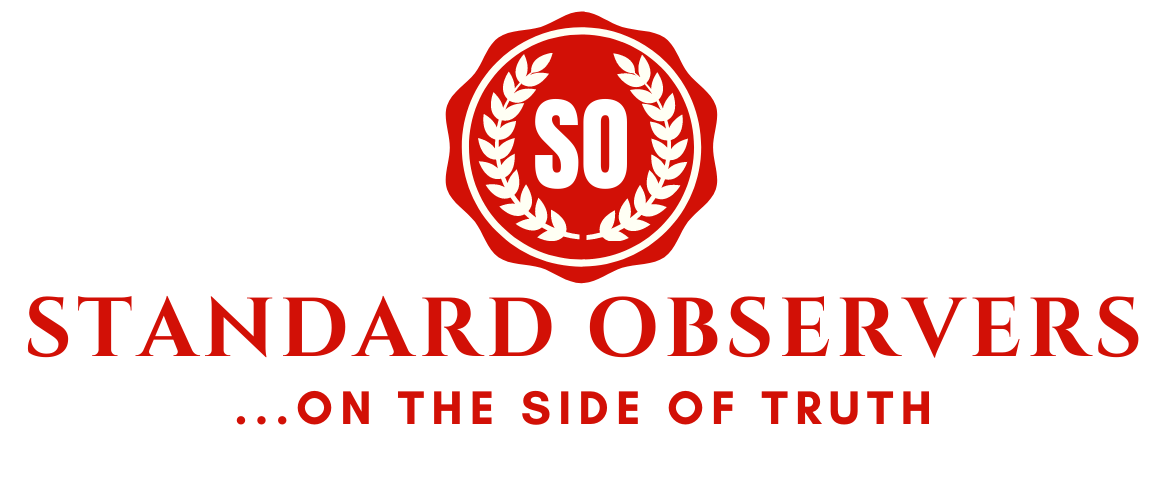The Electoral Hub has called on the National Assembly to pass the proposed amendments to the electoral act.
Princess Hamman-Obels, the Founder and Team Leader of the Electoral Hub said the early passage of the bill will provide the Independent National Electoral Commission, INEC with the legal framework to conduct credible and fair elections.
The statement noted that elections are the most complex process undertaken by any country, including the developed nations in the world.
It added that elections are the cornerstone of any democratic state and must be based on the democratic principles of transparency, integrity and credibility.
“Elections generally are conducted under legal frameworks. In Nigeria, elections are governed by the 1999 Constitution and the Electoral Act 2010 (as amended). The Electoral Act is an important framework that regulates the conduct of elections in Nigeria. The lapses witnessed in the current Electoral Act have resulted in the proposed amendments to the Act.
“The proposed amendments to the Electoral Act are hinged on the need to establish an effective legal framework that emphasizes credibility, participation, integrity, a level playing ground, inclusion, fairness and equal representation.
“The National Assembly (NASS) on several occasions promised to pass the Bill into law by March 2021 but has failed to make good this promise despite the outcry by civil society organizations and well-meaning Nigerians.
“As active citizens interested in ensuring the integrity and credibility of our electoral process we refuse to sit down, fold our arms and lament. Collectively, we are holding the NASS accountable and asking them to make good on their promise to pass the Electoral Bill into law.
“The Bill must be passed into law NOW. This is to give the Independent National Electoral Commission (INEC) sufficient time to implant, internalize and implement the Bill.
“USAID in its report on the outcome of the 2017 general elections in Kenya specifically stated that the late adoption of an electoral legal framework impacted negatively on the outcome of the election.
“The report stated that the electoral legal framework was adopted barely eight months before the election, therefore giving the electoral commission in Kenya (the Independent Electoral and Boundaries Commission – IEBC) little or no time to adequately prepare ahead of the election. As a result, the elections were marred with violence and logistical problems.
“Also, the report by the ACE project stated that the introduction of technology to the Kenyan electoral process which was intended to improve the electoral process was counterproductive. There was a breakdown of the Result Transmission System (RTS) which resulted in a delay in transmitting election results. This instigated the crisis because the public assumed that the delay was caused due to manipulation of the election result. In addition, the staff of the IEBC experienced difficulty using the new technology. All these contributed to the poor outcome of the 2017 Kenya elections.
“To avoid such occurrence in Nigeria and to boost the confidence of the public in INEC and in the government as a whole, there is an urgent need for the early passage of the Bill to give INEC sufficient time to make the adequate preparations required to conduct credible elections in 2023.
“We, therefore, call on the National Assembly to pass the Electoral Bill as a matter of urgency”.







